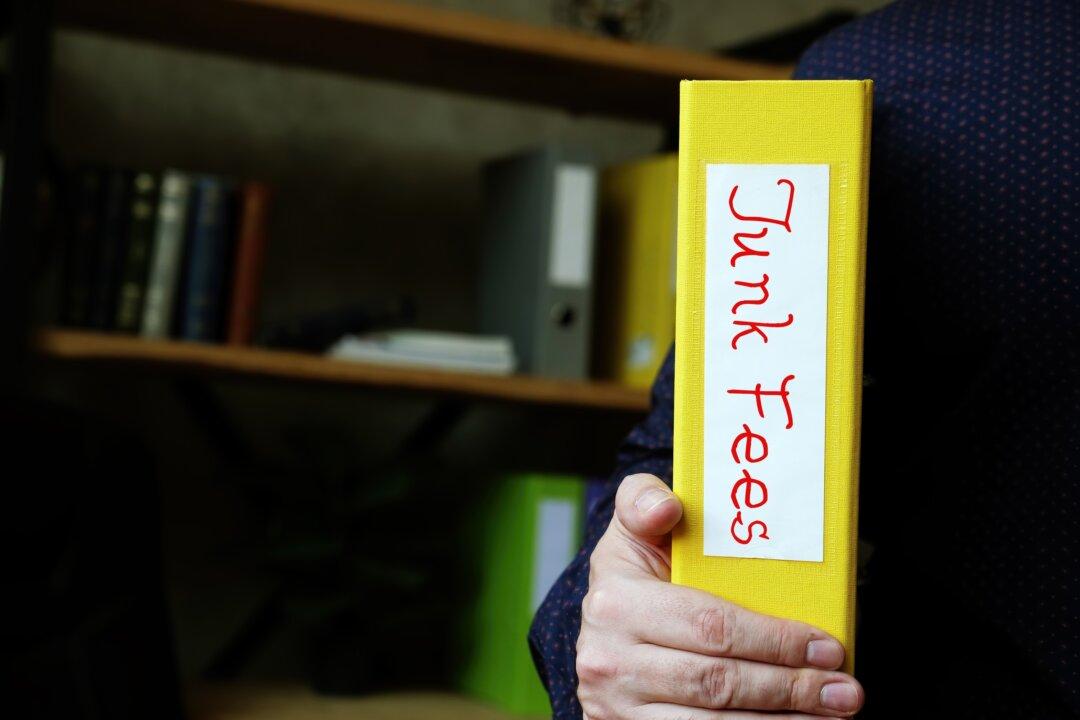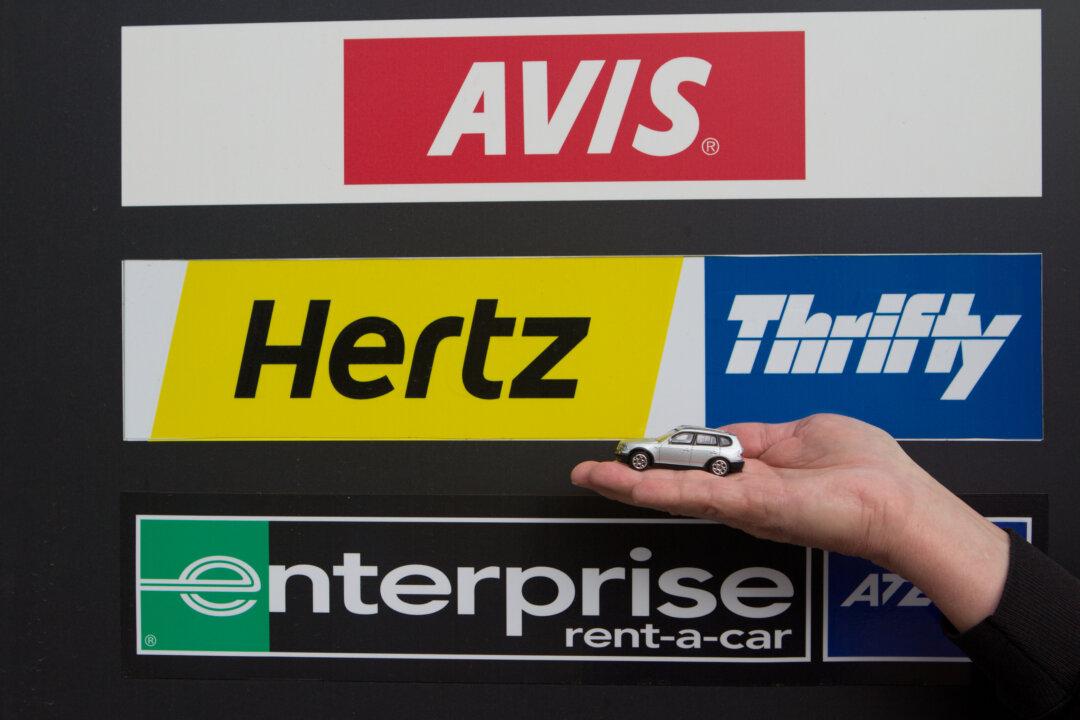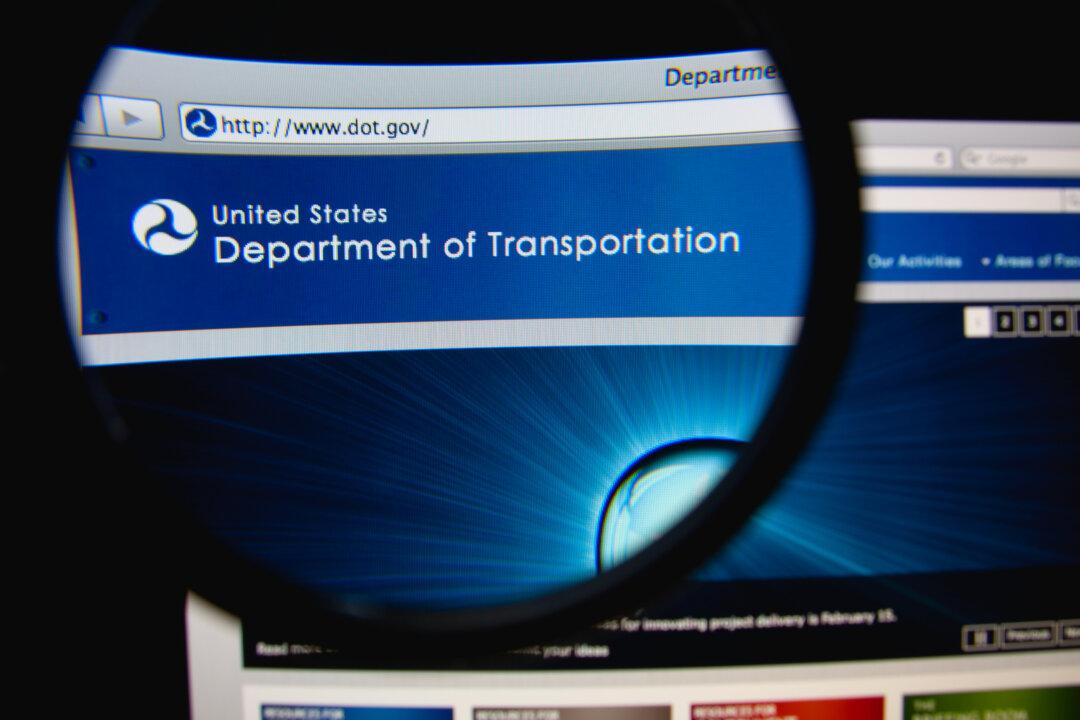Last Saturday, Gov. Gavin Newsom of California signed an historic bill: The Consumers Legal Remedies Act: advertisements prohibits “drip pricing,” which means “advertising a price that is less than the actual price that a consumer will have to pay for a good or service.” It adds such advertising into the cluster of offenses that California classes as “unfair competition” and “false advertising.” In short, the law says, “Ya gotta show the full price.” It will go into effect next July. And those existing laws authorize consumers to bring action and sue for damages resulting from false advertising.
The gold standard in price advertising is, as I’ve often stated in a trope dating back to early word processors, “What you see is what you pay,” or WYSIWYP. The new bill doesn’t quite make that standard:
- Airlines are exempted, because the Deregulation Act exempts them from all state regulation. But that doesn’t matter here; the Department of Transportation (DoT) already requires full-fare airline advertising.
- It allows sellers to exclude taxes and fees imposed by a government on the transaction. Mainly, this means state and local sales taxes.
- For no clear reason, the bill excludes rental car price advertising. Again this is not a serious omission, given that almost all of the various metasearch systems allow you to select all-up prices when you search and compare.





